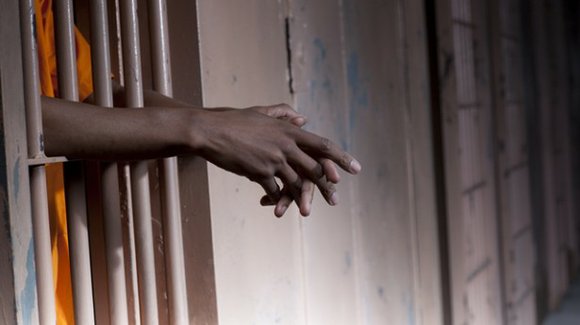Study: Harsh policies liked if black people are target
ThinkProgress.org | 8/18/2014, 11:42 a.m.
A new study suggests that public support for harsh criminal justice policies rises if those policies ensure more black people are kept behind bars.
According to the study, informing people that black men and women are significantly over-represented in the prison population “may actually bolster support for the policies that perpetuate the inequality.”
The published study is the work of Rebecca Hetey and Jennifer Eberhardt of the Stanford University Psychology Department.
The study carries important implications for the nation’s prison system. Black men and women constitute 40 percent of the nation’s prison population, compared to only 12 percent of the American population as a whole.
To reach their conclusion, Dr. Hetey and Dr. Eberhardt conducted two experiments involving white subjects.
In the first, the white subjects were asked to watch one of two videos containing mug shots. In one video, 25 percent of the mug shots were pictures of black males, while in the other video, 45 percent of the mug shots were.
After watching the video, the subjects were then asked whether they would sign a petition calling for one of California’s strict sentencing laws to be eased.
The result: “Over half of the participants who’d seen the mug shots with fewer black men signed the petition, whereas only 27 percent of people who viewed the mug shots containing a higher percentage of black inmates agreed to sign.”
In the second experiment, two groups of white New Yorkers were shown different statistical data about the racial makeup of the prison population.
One group was shown data indicating that 40 percent of prisoners are black men and women while the other group given data showing black prisoners represent 60 percent of the total prison population.
Those who believed black inmates represented a smaller share of inmates were more likely to support a petition to end New York City’s stop-and-frisk policy. Thirty-three percent of the subjects believed black people are incarcerated were willing to sign the petition. Only 12 percent of those who believed more black people were locked up were willing to do so.
“Many legal advocates and social activists seem to assume that bombarding the public with images, statistics and other evidence of racial disparities will motivate people to join the cause and fight inequality,” Dr. Hetey noted.
“But we found that, ironically, exposure to extreme racial disparities may make the public less, and not more, responsive to attempts to lessen the severity of policies that help maintain those disparities.”







